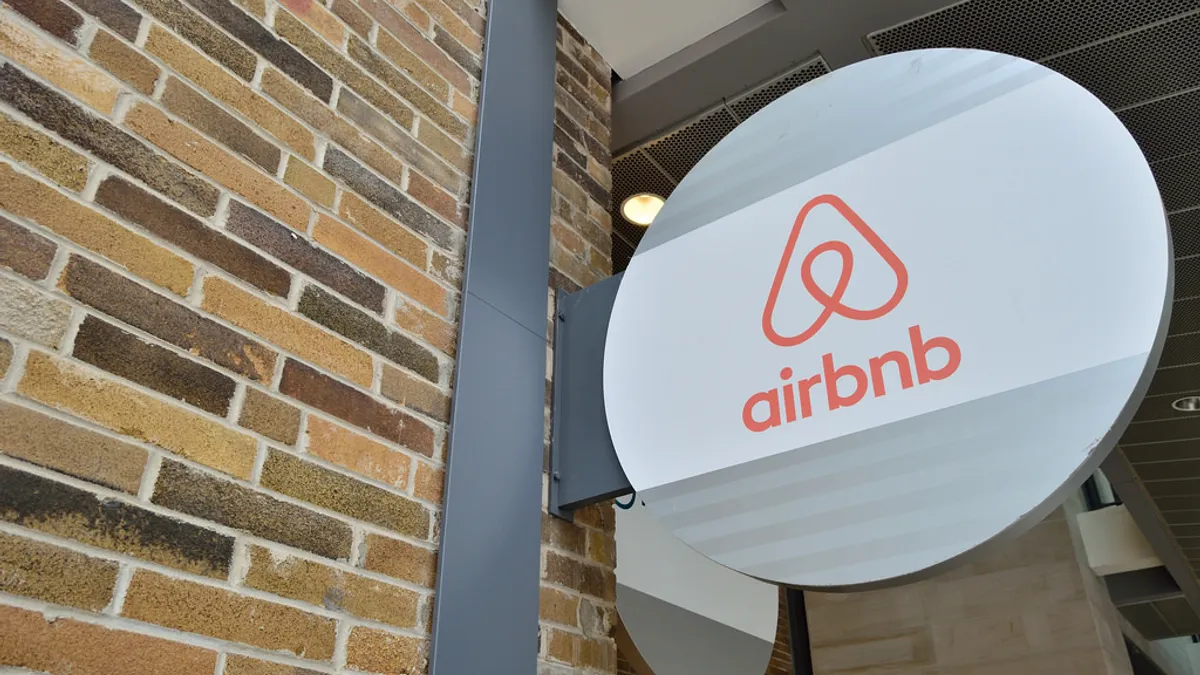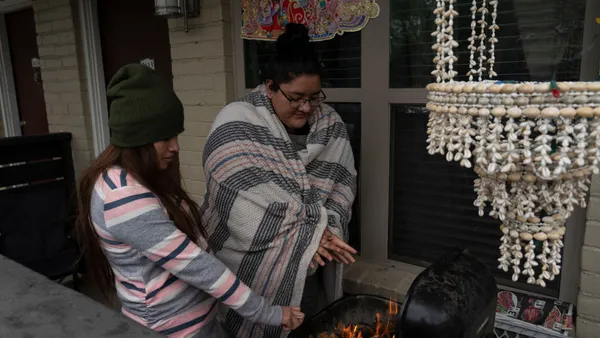Smart Cities Dive was informed this ban had been reversed shortly after publication. We will publish a new story to update the ban reversal as well as the impact.
Dive Brief:
- A general update to Detroit's zoning code, approved by the Detroit City Council in November, went into effect this week, making it illegal for property owners to rent out their homes or apartments in the city's R1 and R2 zones, according to the Detroit Metro Times.
- The exact language used in the ordinance reads, "Use of a dwelling to accommodate paid overnight guests is prohibited as a home occupation; notwithstanding this regulation, public accommodations, including bed and breakfast inns outside the R1 and R2 Districts, are permitted as provided in Sec. 61-12-46 of this Code."
- Detroit is home to 430 active Airbnb hosts, mainly in the R1 and R2 zones, according to Curbed. The short-term rental service issued a statement saying it is "disappointed" by the ordinance. "Airbnb has served as an economic engine for middle class Detroiters, many of whom rely on the supplemental income to stay in their homes," the statement reads. "We hope that the city listens to our host community and permits home sharing in these residential zones."
Dive Insight:
While the exact reasoning behind the zoning code update is not quite clear, Councilman Scott Benson told the Detroit Free Press that the city is simply "preserving the neighborhoods," not going after Airbnb. He clarified that property owners can continue to rent out properties that are properly registered as "rental properties" — though that does not bring relief to the hundreds of Detroit home owners who utilize the Airbnb service to support their incomes.
How this ordinance will "preserv[e] the neighborhoods" is yet to be seen. Home-sharing is just one part of the overall sharing economy that is washing over cities, yet the sharing economy is growing exponentially and city dwellers are becoming accustomed to the convenience of rental options such as Airbnb. There is a possibility this ordinance will be a boon to the local hotel industry, or alternatively it could backfire and decrease the city's tourism value.
Legislation around short-term rental properties is not unique to Detroit. Last month, Boston Mayor Martin Walsh introduced an ordinance to establish regulations around short-term rentals which suggests registration fees and limits on how often each unit can be rented. Depending on the success of this ordinance, and the backlash in Detroit, cities may be better off taking the Boston-approach of regulating these rental options instead of banning them altogether.











